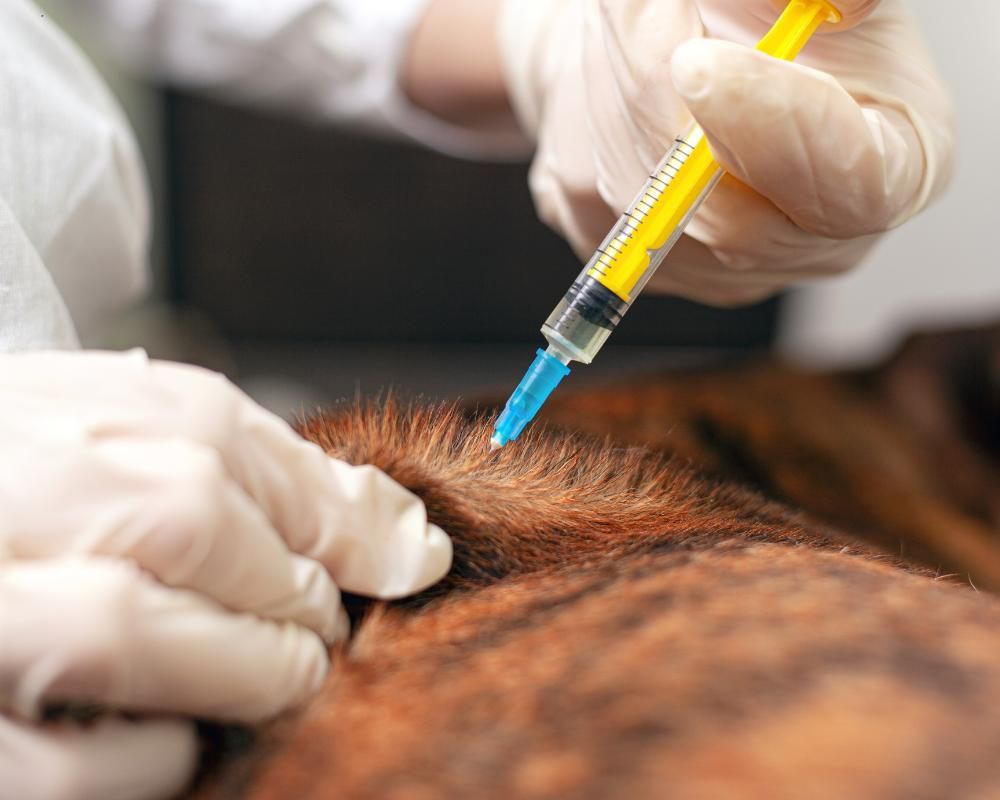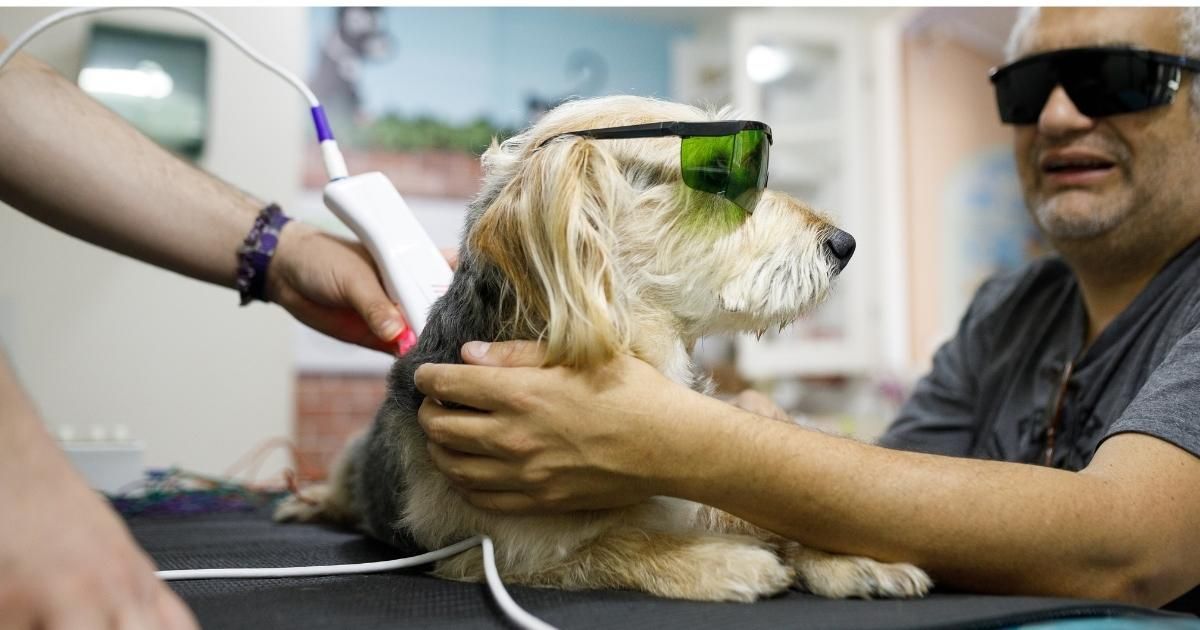Heartworms 101: Prevention, Signs, Symptoms & Treatment
Heartworm Treatment & Prevention
Do you know all there is to
know about heartworm in dogs? Heartworm symptoms and heartworm prevention? Heartworms in dogs are very serious and can be contracted by just one bite from an infected mosquito. Easy to prevent but costly to cure, heartworm disease should be high on your radar.
We love our four-legged children, protect them from fast cars, buy their favorite treats and snuggle with them on the couch. Equally important and even critical, however, is safeguarding them from heartworm disease. When contracted, heartworm is potentially fatal and will cause serious damage to the heart, lungs and vital organs.
In the United States alone, it is estimated that over one million dogs have heartworm. Even though this number is high, it is especially daunting because heartworm disease is avoidable. Heartworm prevention for dogs is highly effective and can save you money, time and heartache later down the road.
If you haven’t started heartworm prevention, it’s not too late. Let’s take a look at some heartworm basics, preventative measures, symptoms, testing and heartworm treatment.
Heartworm Basics
The Role of the Mosquito : Mosquitos are the primary catalyst of spreading overall heartworm disease and heartworms in dogs. Mosquitoes become exposed to microscopic baby worms, medically termed microfilaria, when they feed on an infected animal. When these baby worms mature into contagious larvae, they are transferred to their next respective host through a mosquito bite that punctures the skin.
Dogs as a Natural Heartworm Host: Dogs are natural hosts to heartworms, which mean the transferred larvae will mature into adults within 6 months and then begin to reproduce and will continue to reproduce. A heartworm can live up to 5 to 7 years inside it’s canine home and overtime can multiply to several hundred.
Long Term Damage: If you suspect heartworm infection in your dog, it is imperative to have a heartworm test performed as soon as possible. The quicker you catch heartworm infection, the quicker you can minimize long-term damage to the heart, lungs and arteries. Even without heartworm symptoms, the American Heartworm Society recommends you have your vet administer a heartworm test every 12 months.
Risk in All 50States: Canine heart worm has been reported in all 50 states. Even if you live in an area that has a low mosquito population, your pet can still contract the disease. The wind can blow mosquitoes very long distances. It is possible that the mosquitoes in your neighborhood arrived by chance and hail from a population full of prominent heartworm carriers such as coyotes, foxes and other wild species.
Heartworm Prevention
Heartworm Symptoms
- A mild persistent cough
- Decreased energy
- Fatigue after basic activity
- Lack of appetite
- Weight loss
Severe heartworm infection can lead to heart failure, excess fluid in the abdomen and cardiovascular collapse. Caval syndrome, a cardiac consequence of progressive heartworm disease, includes quick-forming blood flow blockages in the heart. If your pet suddenly develops labored breathing, pale gums or urine that is bloody, dark or cola-colored, contact your emergency veterinarian immediately.
Heartworm Testing
Heartworm Treatment
The goal of heartworm treatment is to eliminate all of the heartworm parasites whilekeeping your dog as comfortable as possible. Your vet will have a set ofspecific procedures and next steps for you to follow. However, heartworm treatment for dogsgenerally entails:
- Restriction ofPhysical Activity : Excess exertion and exercise will increase the rate ofdamage done to your dog’s heart and lungs. Keep your pet calm and inactive tothe very best of your ability.
- Stabilize OutsideInfluences : Your vet will be the expert decision maker but if your doghas a separate medical condition or special circumstances, it will be necessaryfor overall stabilization before beginning heartworm treatment.
- AdministerTreatment : Heartwormtreatment will follow several steps and should follow protocol asoutlined by the American Heartworm Society. Make sure your vet makes you awareof potential complications and be prepared to give your beloved breed a lot ofTLC.
- Follow-Up Testing : At the 6-monthmark, you should have a heartwormtest performed to make sure that all the worms are eradicated from thebody. Moving forward make sure to continue with routine heartworm tests and structured heartworm prevention.
Looking For Expert Vet Care In Lee's Summit?
Call Chipman Road Animal Clinic 816-524-1886



















